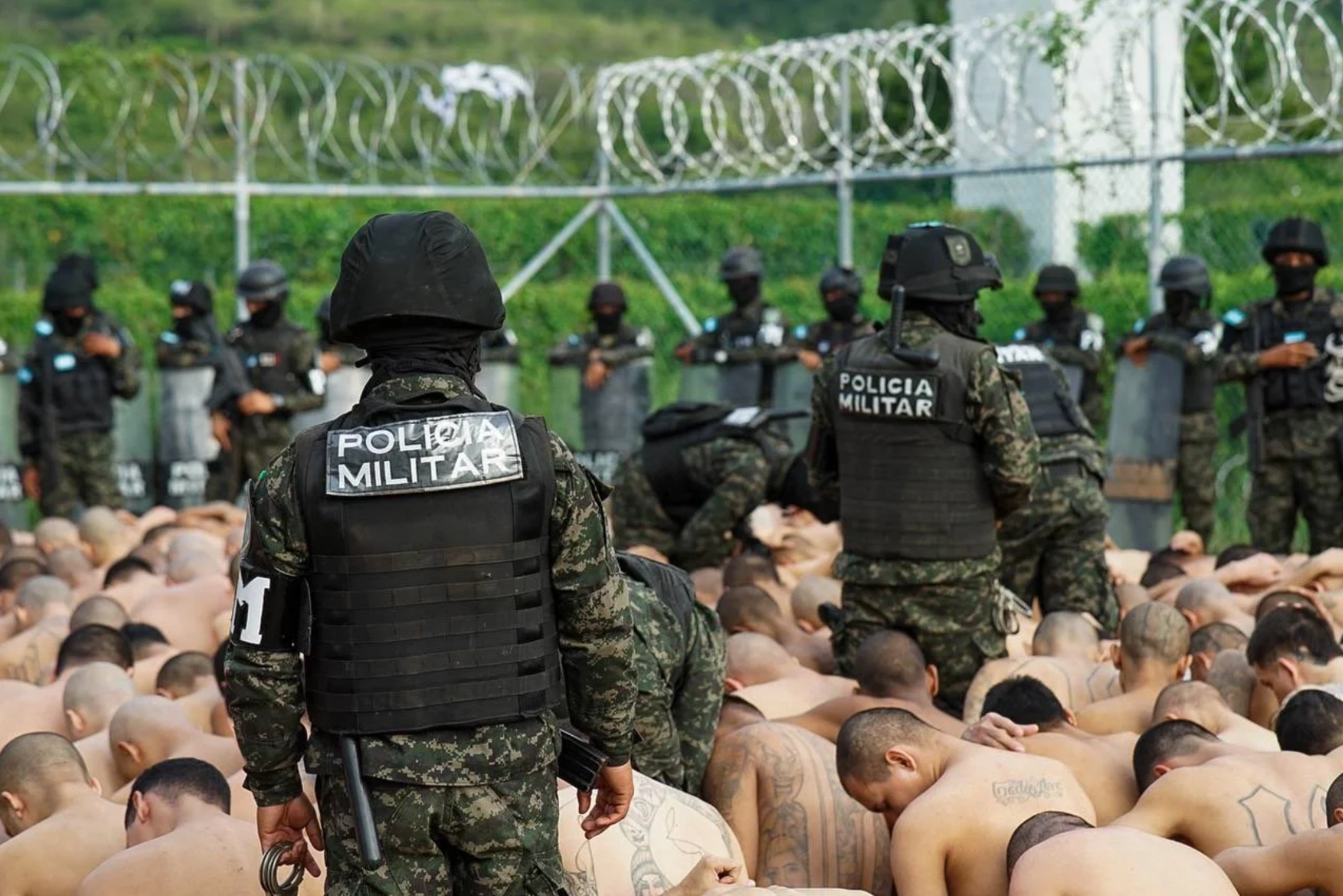On June 20, there was a brutal riot that ended with a death toll of 46 inmates in the central penitentiary of Tamara, a few kilometers north of the capital, Tegucigalpa. According to reports in the country’s main media, the events were the result of a planned attack by a group of gang members belonging to Barrio18 against inmates of the MS13, the opposing gang. Following this massacre, which was the third deadliest in the Central American country’s prison history, President Xiomara Castro announced a series of “drastic measures” (as she called them) including the militarization of public security, including prisons, curfews, raids, and arrests, in order to confront the gangs, regain control of the prisons and dismantle the communication networks that inmates have accumulated through bribes to prison authorities. These actions are in addition to the state of emergency that has been in effect in much of the country since December 2022 and has just been extended for the fifth time.
Castro immediately dismissed his security minister, Ramón Sabillón, who was responsible for uncovering the links between former president Juan Orlando Hernández and drug trafficking and for overseeing the extradition of the former president to the United States in April 2022. In his place, Castro appointed General Gustavo Sánchez, who until then had served as Honduras’ police director. This decision was accompanied by the dissolution of the special commission to clean up the prisons, which, although it carried out diagnoses of the situation, did not take any measures to respond to the pressing problems that originated it.
These events and the measures adopted as a result of them highlight three relevant factors. First, and undoubtedly the most worrisome, is the state’s inability to address one of its basic functions, which is to provide security to its citizens. The violent events that took place over the last few weeks reflect the deepening of the public security crisis the country is going through and the growing democratic erosion of institutions that are plagued by corruption and drug trafficking.
Second, the decision to put the Military Police of Public Order (PMOP) in charge of public security was undoubtedly one of the most controversial in this crisis. This is because the military police was created by former President Hernández as a kind of praetorian guard that answered directly to him. The strengthening of this military force generated surprise, because Xiomara Castro strongly questioned its performance in public security, in the past, as a presidential candidate and before that as an opposition leader.
Although “mano dura” (iron fist) policies are not new in Honduras (already in place since the government of Ricardo Maduro) nor in the Central American region, the decision to militarize public security and the implementation of these measures aroused the concern of the international community and, in particular, that of human rights organizations. The latter stated that repression is not the way to fight against the structural problem of violence and ungovernability in prisons. On the contrary, its use in the past has caused serious human rights violations and has proven to be completely ineffective in controlling and combating crime and violence.
Finally, the application of these measures by the Honduran government, as well as the dissemination of images of barefoot and bare-chested prisoners in prisons, guarded by the military, seem to emulate the procedures carried out by the current Salvadoran president.
However, is the Bukele model the solution to Central America’s security problems? Certainly, the measures taken by Xiomara Castro and her cabinet to address the country’s public security crisis suggest that the Honduran government believes so.
*Translated from Spanish by Janaína Ruviaro da Silva













